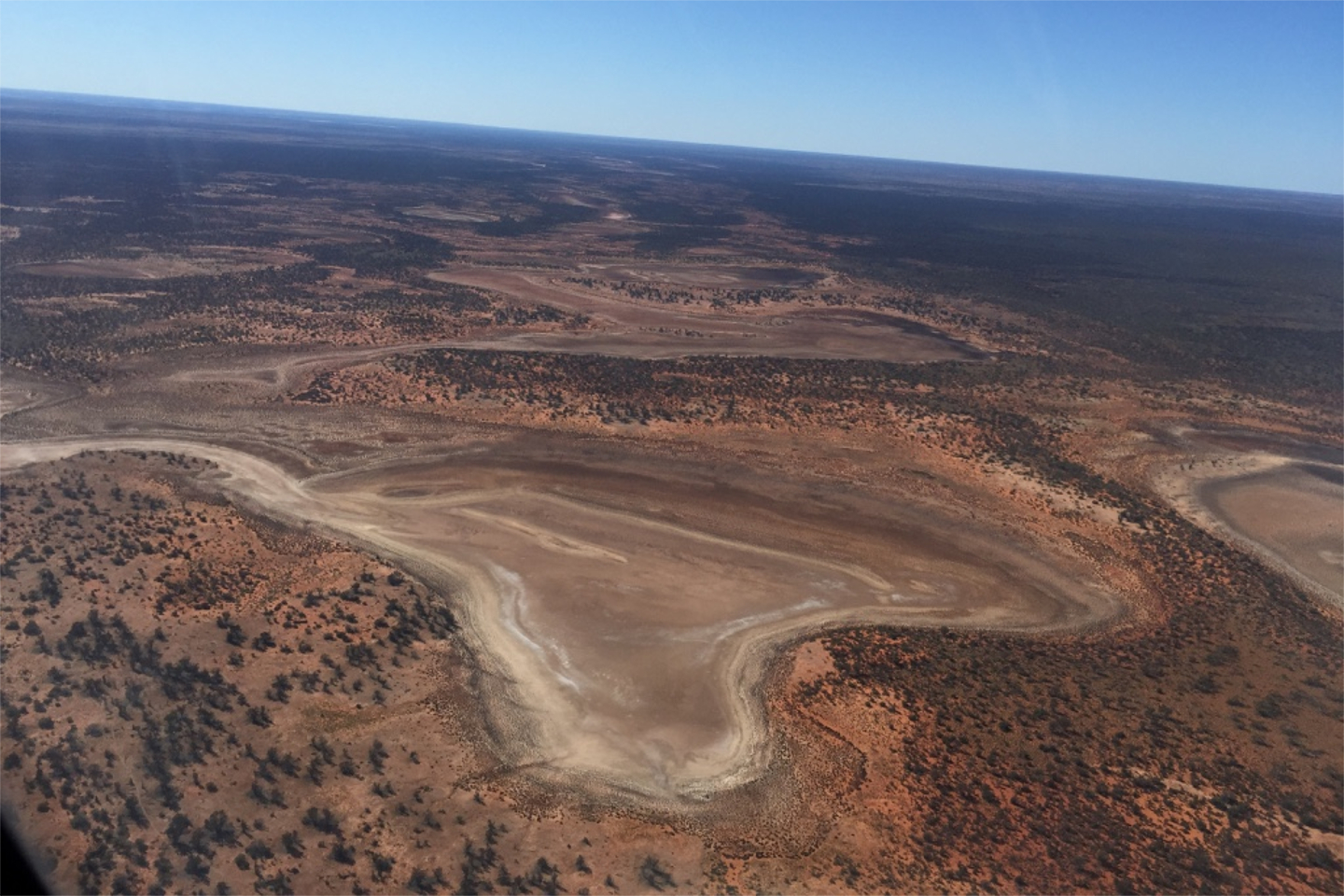Australian Potash has successfully transported its first raw salt products from the pilot pond network at the Lake Wells sulphate of potash project near Laverton in WA, for the processing and production of trade samples for its Chinese off-take partners. This processing work will commence immediately in the lead up to the company’s DFS for Lake Wells, which is expected in the latter half of 2019.


ASX listed Australian Potash has delivered 3 tonnes of potassium-rich feeder salts from its Lake Wells sulphate of potash or “SOP” project to its pilot processing facility located in Perth, for production of SOP trade samples early next quarter.
The raw product was sourced from a series of evaporation ponds on-site at the Lake Wells project, which is located about 180km northeast of Laverton in the Goldfields region of WA.
The SOP sample verification work in Perth was designed after meetings held with the company’s two Chinese MoU off-take partners earlier this month.
In addition, Australian Potash has developed a greenhouse research project with the University of WA’s esteemed School of Agriculture and Environment.
The project will look into the value of the company’s SOP product on a number of different WA soil types, to commence in the March quarter of 2019.
The University research program will be developed in conjunction with other field trials testing the effect of SOP versus MOP or “muriate of potash” – potassium chloride salt – on crop yields, crop quality and the associated impact on the surrounding soil biology.
The company also said that it would recycle about 2.5 tonnes of magnesium chloride-rich waste materials from the evaporation trials for road construction tests on the Lake Wells access routes during the first quarter of next year.
Australian Potash Managing Director and CEO Matt Shackleton said: “One area of focus … over the past 12 months has been to develop and refine the site evaporation model. Understanding the chemistry of the salts that are produced through the natural evaporation cycle is crucial to planning both the commercial scale development and SOP processing strategies.”
“In January 2019, we plan to produce Australia’s first field evaporated sulphate of potash, which will be of enormous value to APC and our MoU off-take partners, as we will be able to detail the chemical composition of the SOP we can produce.”
“Running these research and trial programs through 2019 will allow us to further define the agronomic benefits of APC’s Lake Wells SOP, and engage with the end-user farming sector on the cost of supply.”
The company holds a 100% interest in the large Lake Wells SOP project and completed a positive scoping study into the venture in 2017.
That work outlined a staged project development, whereby Australian Potash would produce 150,000 tonnes of premium SOP per annum in the first 5 years and then ramp up to 300,000 tonnes per annum for at least another 15 years after that.
The project area currently contains a mineral resource estimate of 14.7 million tonnes of contained SOP, with just over 86% of this material reporting to the indicated category, from which SOP ore reserves can be delineated.
At a SOP price of AUD$795 per tonne, the project generates a life of mine annual operating pre-tax cashflow of AUD$118m.
Pre-production CAPEX expenditure for the first stage is estimated at AUD$175m and AUD$163m for the higher-volume second stage of project development.
Ultimately, the company expects to produce 250kg of sulphate of potash trade samples in the initial production run for delivery to its MoU off-take partners and other interested parties who will evaluate the raw product.
Australian Potash’s DFS has now entered its final phase across abstraction, evaporation and processing and is expected to be released in the latter half of 2019.
The company also recently received a serious leg-up from the Federal and State Governments who have jointly decided to fund an upgrade of up to 100km of the Great Central Road to the east of the town of Laverton, adjacent to the Lake Wells project.
This has the potential to significantly improve the logistics of the project by optimising the freight logistics and providing the option to use Laverton as the hub for its operations.
Further cost savings could result from a recent MoU with fellow potash player Salt Lake Potash who is looking into the possibility of jointly developing infrastructure at its neighbouring Lake Wells project.
The two projects are contiguous and both companies are planning to use the same heavy haulage road transport route from the Lake Wells region to the rail head at Leonora.
The company has two MoU’s in place to supply up to 100,000 tonnes per annum of sulphate of potash to Sino-Agri, China’s largest agricultural company and Hubei-Agri, which is one of China’s largest agricultural companies.












